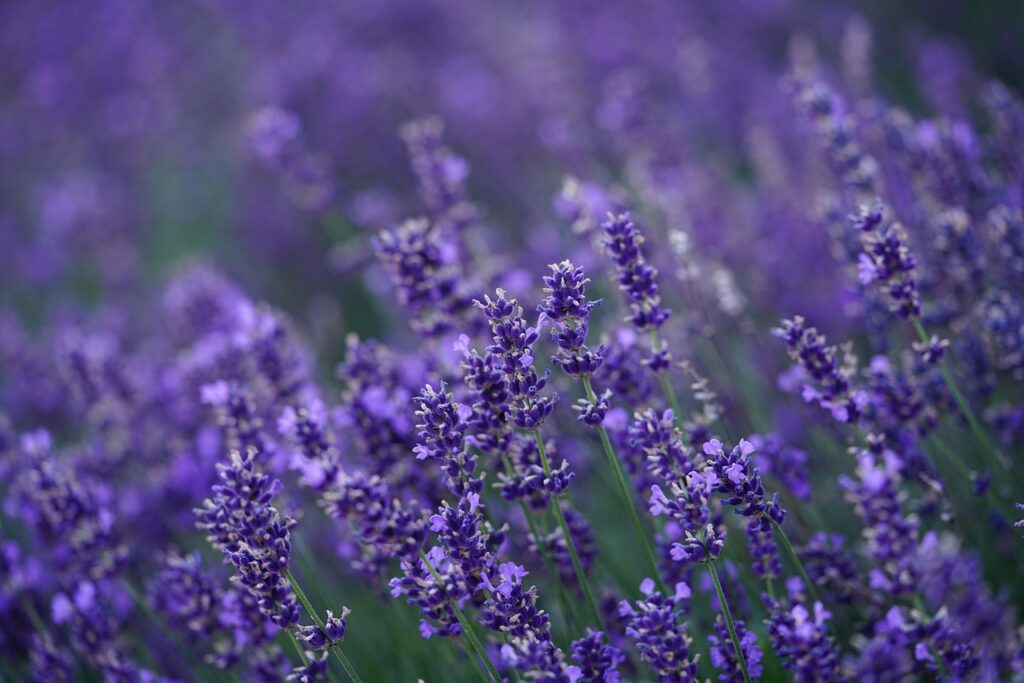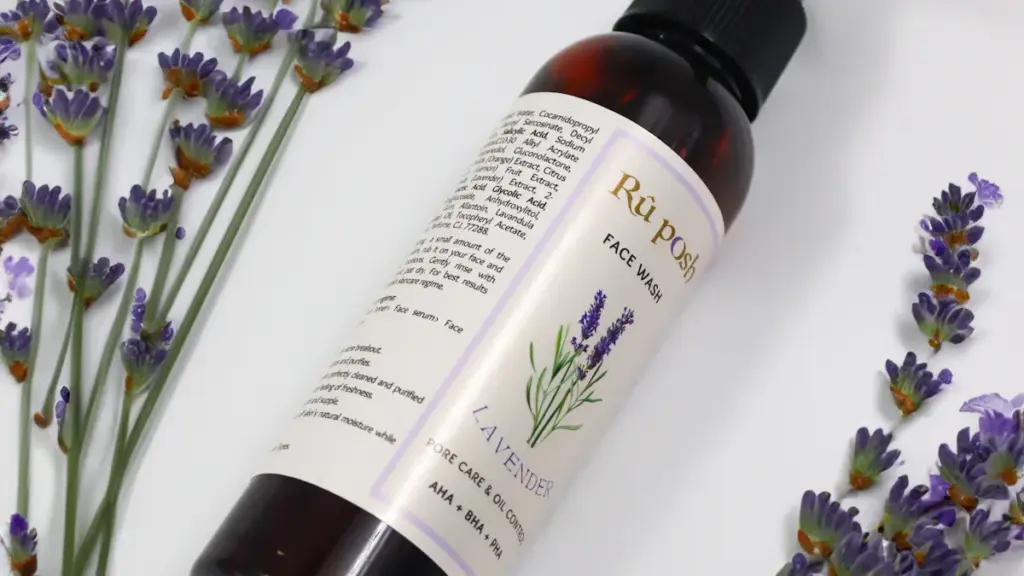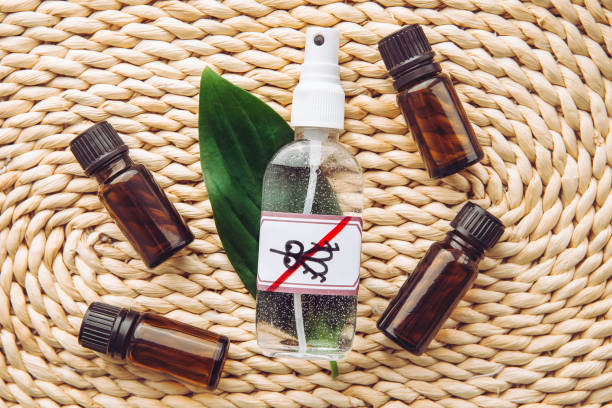Tired of mosquitoes buzzing around and leaving itchy bites? Instead of reaching for chemical sprays, why not try a natural solution? You can keep these pesky insects away by growing some awesome plants in your garden, patio, or even indoors!
In this blog, we’ll explore the best plants to repel mosquitoes—beautiful, fragrant, and easy to care for. Whether you love gardening or just want a mosquito-free zone, these green friends have got your back. Let’s dig in and turn your space into a peaceful, bug-free paradise!
Our Top Picks: The Best Plants to Repel Mosquitoes
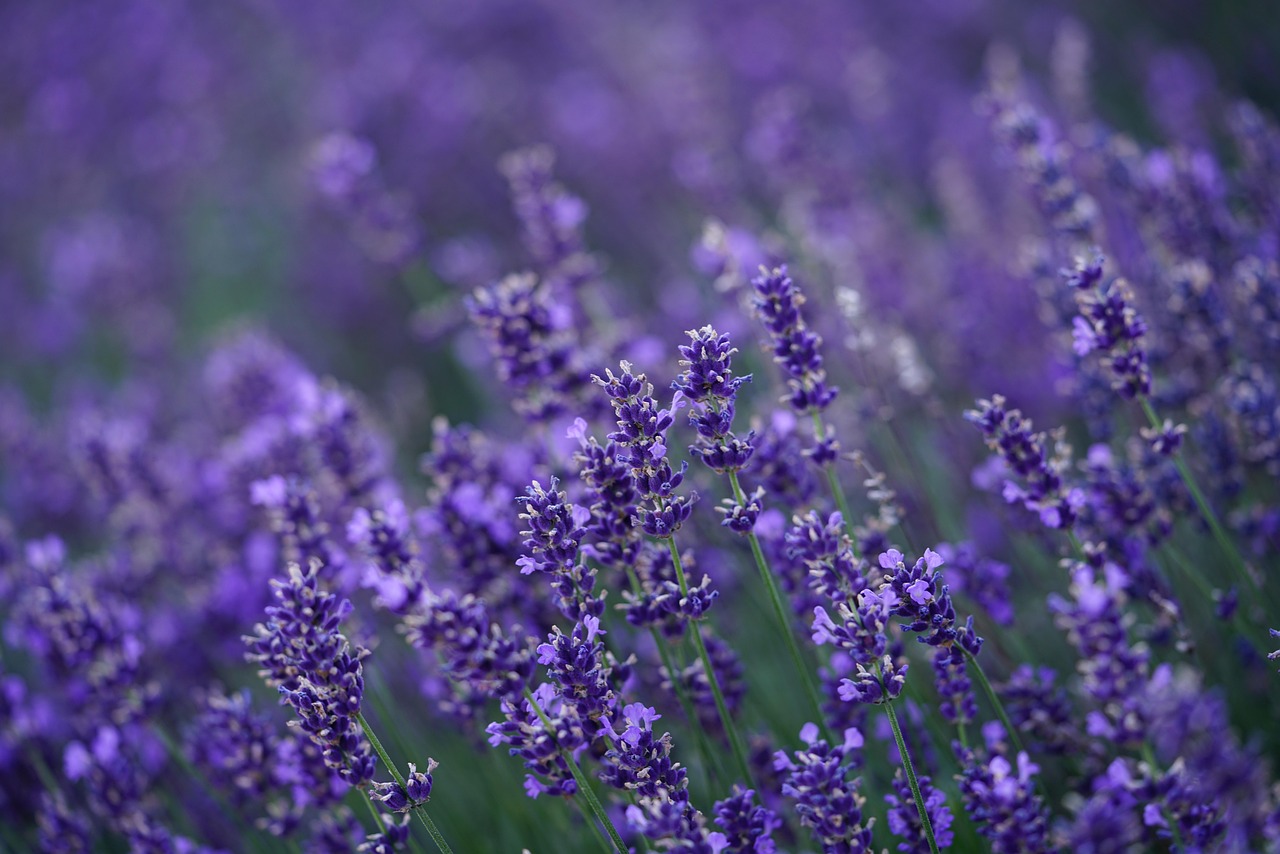
Ready to meet your new green superheroes? These plants are not only great at shooing away mosquitoes but are also easy to find and fun to grow. Let’s dig into our top favorites!
Lavender
Ah, lavande! You probably love its calming smell—but mosquitoes absolutely hate it. This beautiful purple plant contains lavender essential oil and other natural compounds that mask other scents and keep pesky bugs from finding you. It’s like a fragrant forcefield!
• Why it works: Its strong scent overwhelms a mosquito’s sense of smell.
• Grow it: Plant it in a sunny spot. It loves dry soil and lots of sunshine!
• Pro tip: Rub the leaves on your skin for a quick, natural bug repellent.
Citronella Grass (The Mosquito Plant)
This is the superstar of mosquito-repelling plants! Citronella is the natural oil used in many outdoor candles and sprays. Having the live plant means you have a continuous source of fresh bug-fighting power.
• Why it works: It gives off a strong lemony scent that masks attractants.
• Grow it: It can grow pretty big, so plant it in a large pot or directly in your garden. It loves sun and well-drained soil.
• Fun fact: This is the plant most commonly called “the mosquito plant”!
Catnip
Your feline friends will go crazy for it, but mosquitoes will run the other way! Studies show that catnip can be even more effective than DEET (a common chemical repellent) at keeping mosquitoes away. Now that’s powerful!
• Why it works: It contains a potent oil called nepetalactone that irritates mosquitoes.
• Grow it: It’s a hardy plant that grows easily almost anywhere (sometimes a little too well—it can spread!).
• Heads up: If you have cats, be prepared for them to roll around near this plant!
Marigolds
These bright and cheerful flowers do more than just look pretty. They contain a natural compound called pyrethrum, which is used in many insect repellents. They’re the colorful guardians of your garden!
• Why it works: Their distinct smell deters mosquitoes and other garden pests.
• Grow it: They are annuals, meaning you plant them new each year. They thrive in full sun.
• Great idea: Plant them in pots near your door or around your patio for a beautiful bug barrier.
Basil
This delicious herb is a double-duty plant! You can use it to make yummy pesto for dinner, and its strong aroma will keep mosquitoes from crashing your party. It’s a win-win!
• Why it works: Its essential oils have mosquito-repelling properties.
• Grow it: It’s perfect for container gardening. Keep it in a sunny place and water it regularly.
• Bonus: There are many types to try, like Lemon Basil or Cinnamon Basil, which have extra strong scents!
Stay tuned! In the next section, we’ll learn exactly where to plant these heroes for maximum mosquito-fighting effect.
How Plants Repel Mosquitoes
Ever wondered why mosquitoes avoid certain plants? It’s all about scent, natural compounds, and clever biology.
What scents mosquitoes dislike
Strong, fresh aromas like citronella, peppermint, lavande, et eucalyptus confuse mosquitoes and make it harder for them to locate you. Placing these plants near doors, windows, or outdoor seating areas can create a more comfortable, pest-free space.
Key compounds at work
The magic is in the essential oils: citronellal in citronella, linalool in lavender, and eucalyptol in eucalyptus. These compounds interfere with a mosquito’s sense of smell, naturally keeping them away without harsh chemicals.
How plant placement affects protection
Where you put your plants matters. Grouping them around entry points, patios, or decks maximizes their protective effect. Potted plants can be moved seasonally or placed indoors to enhance coverage.
Combining plants for stronger results
No single plant keeps all mosquitoes away. Mixing several mosquito-repelling plants together increases effectiveness. Par exemple, lavender with citronella or basil with peppermint creates overlapping scents that mosquitoes find even more confusing.
How to Arrange and Use These Plants for Maximum Mosquito Protection
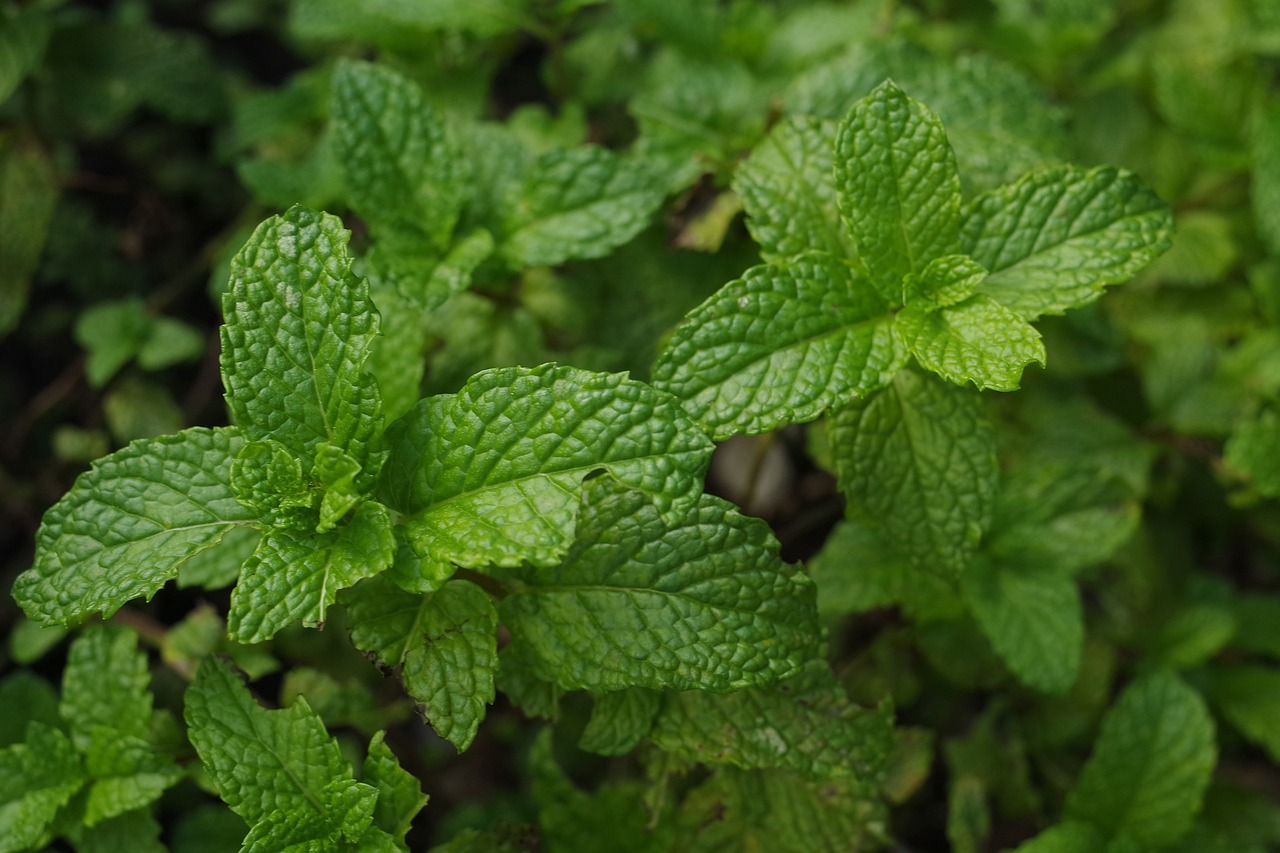
It’s not just about planting these mosquito-repelling champions — placement matters! Here’s how you can make the most of them:
Strategic Placement
Keep pots of citronella, basil, and mint near entrances, patios, or seating areas. Mosquitoes tend to avoid zones where these scents are strongest.
Group for Impact
Planting in clusters amplifies the aroma, creating a bigger “mosquito-free” zone. A few well-placed pots or garden beds can protect an entire balcony or garden corner.
Indoor Benefits
Don’t forget indoor spaces! Lavender and mint thrive in pots on windowsills or near doorways. They freshen the air and help keep mosquitoes at bay.
Regular Maintenance
Trim and water your plants regularly to keep them healthy and aromatic. The stronger the scent, the better the mosquito protection.
Using these tips, you can naturally reduce mosquito activity around your home while enjoying fresh herbs and vibrant flowers.
Why Choose Plants for Mosquito Control?
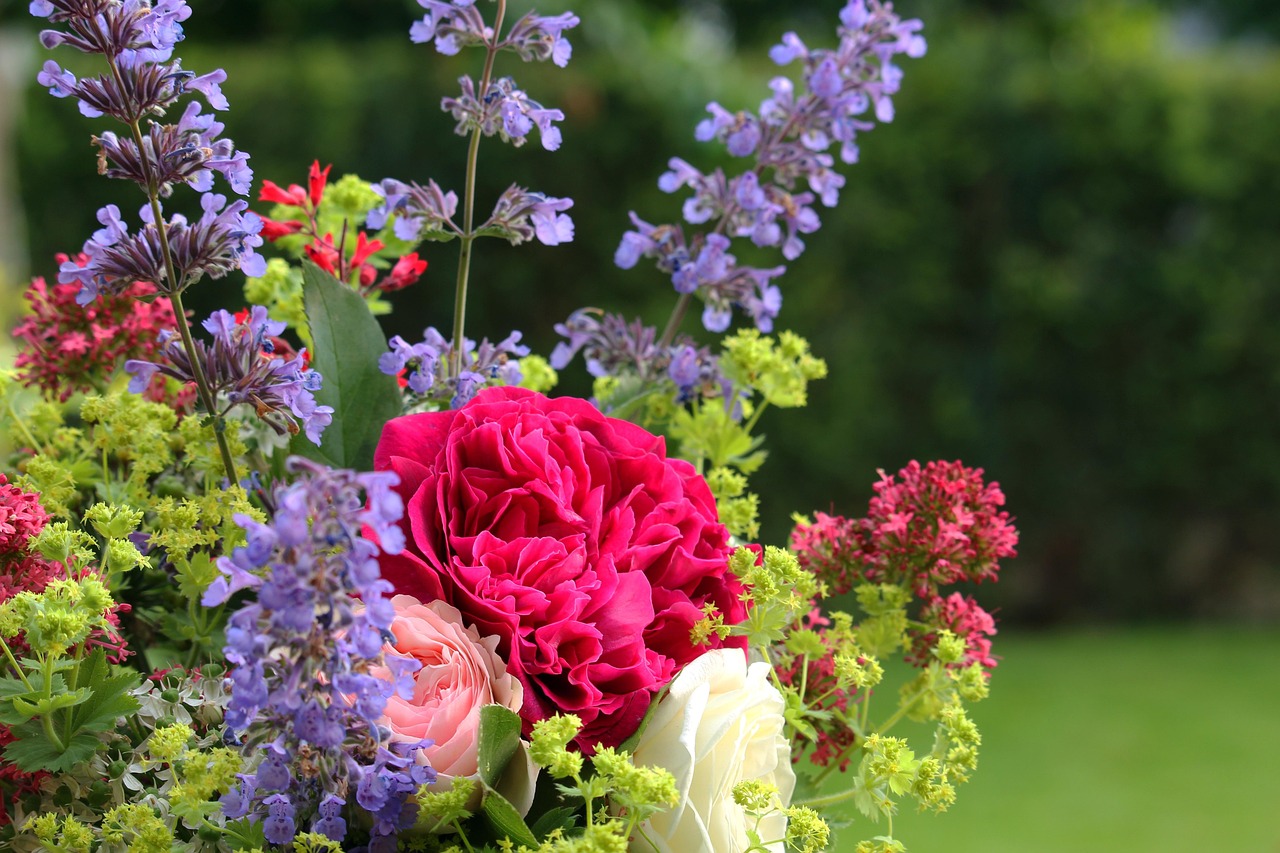
Plants aren’t just pretty — they can help you keep mosquitoes away naturally. Adding them to your home or garden not only enhances your space but also creates a gentle, chemical-free way to stay protected.
Natural protection with low upkeep
Unlike sprays or chemical repellents, mosquito-repelling plants work around the clock with minimal effort. Once planted, they need only sunlight, water, and occasional trimming to stay effective.
Plants that really make a difference
Citronella, lavande, basil, and marigold are among the top choices. Their natural scents confuse or repel mosquitoes, making it harder for them to find you. Strategically placing these plants near patios, doorways, or windows boosts their effect.
Combining plants with other methods
While plants help, they’re most effective when paired with additional precautions. Mosquito-repelling plants create a protective zone rather than a full shield, so using screens, nets, or eco-friendly sprays together increases your success.
Indoor vs. outdoor placement
Potted plants work well indoors, bringing beauty and function to your rooms, while garden beds or planters outside create a mosquito-free perimeter. Placement matters: even a few pots in high-traffic areas can noticeably reduce bites.
Final Thoughts: Keep Mosquitoes at Bay Naturally
Using plants to repel mosquitoes is not only safe but also adds charm and fragrance to your home and garden. By strategically placing these plants and taking good care of them, you can create a natural, pleasant barrier that keeps pesky mosquitoes away while enjoying fresh, calming scents.
For those looking for high-quality, eco-friendly mosquito repellent solutions, Oully offers products designed with your comfort and safety in mind. Start enhancing your mosquito protection today and explore Oully’s full range.

